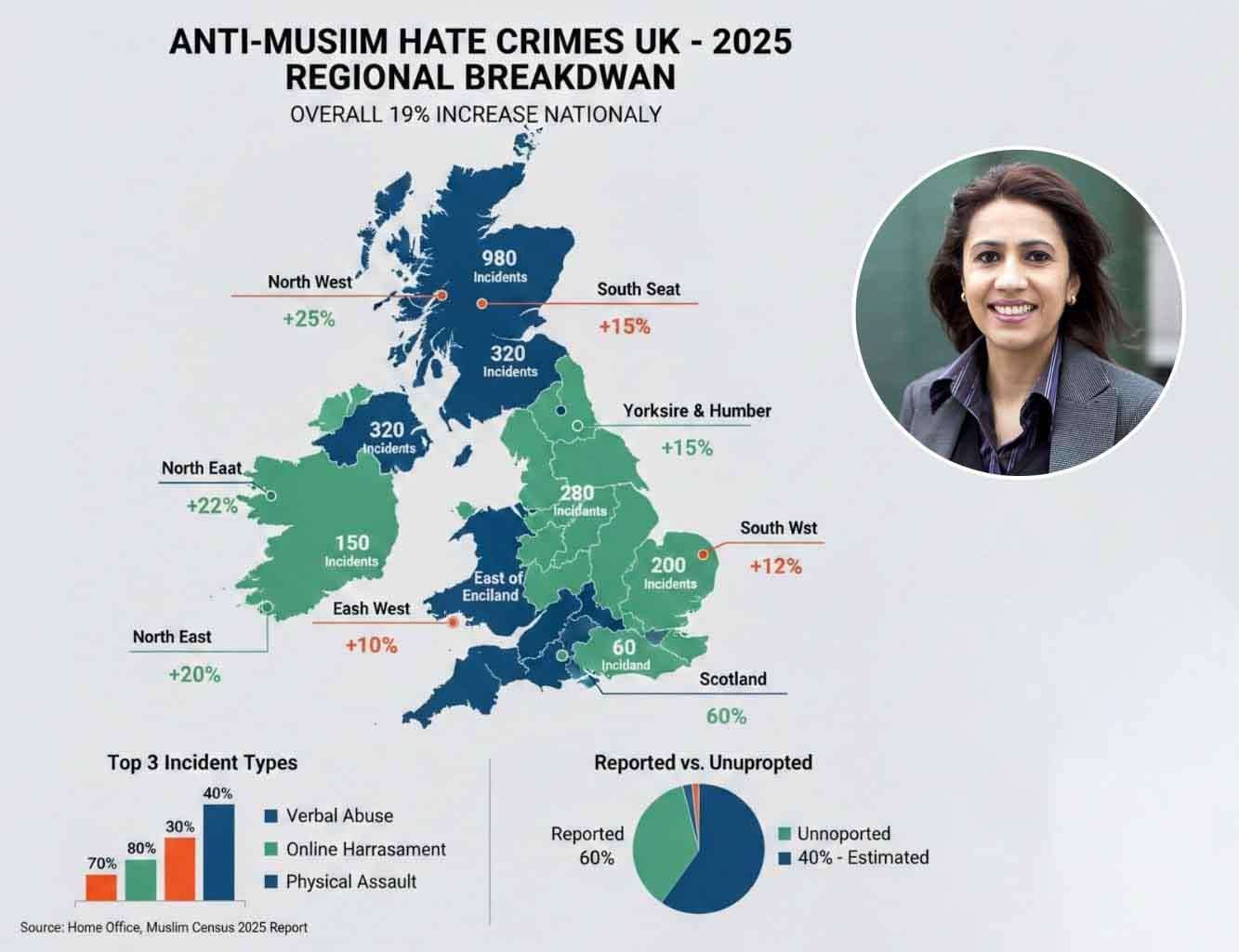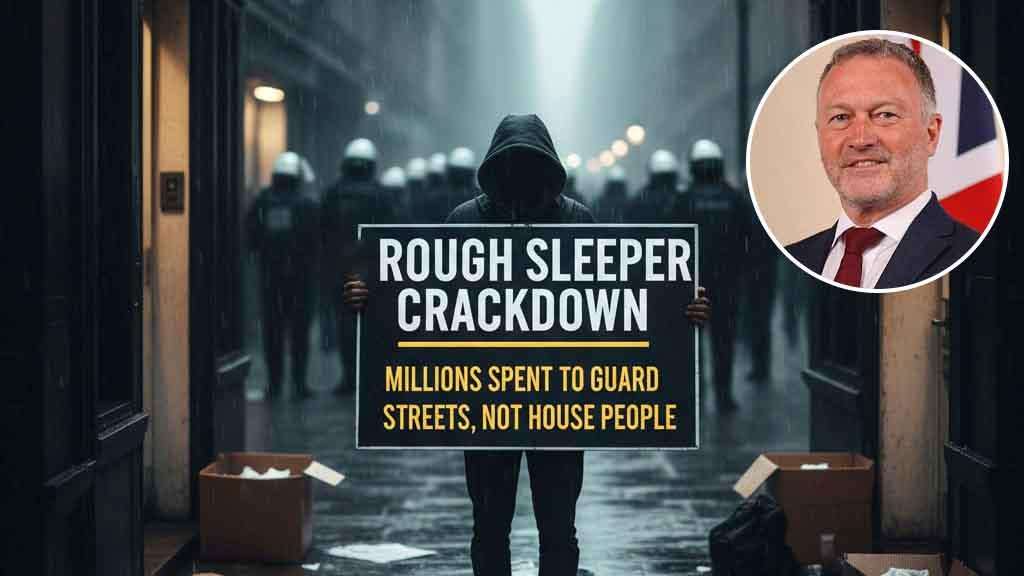The focus on preventing rough sleepers from returning to public spaces is coming under intense scrutiny, as Transport for London’s (TfL) recent expenditure of over £113,000 in just three months on a private security firm at Park Lane highlights a costly, short-term approach to a deeply complex humanitarian crisis.
This local example mirrors a much larger pattern of substantial, annual government spending on immediate fixes rather than long-term housing solutions.
The UK Government is committed to significant funding packages, including nearly £1 billion for homelessness and rough sleeping services in the financial year 2025/2026, which includes a total of £185.6 million for the Rough Sleeping Prevention and Recovery Grant (RSPARG). This substantial investment is aimed at services like accommodation, outreach, and specialist support, yet the number of people sleeping rough continues to rise, increasing by 5% in the first quarter of 2025 compared to the previous year.
The money, while welcome for front-line services, is being spent in an environment where the number of rough sleepers is at an eight-year high in London, with a total of 11,993 people seen rough sleeping across the city in 2023/24—the highest figure since records began.
The Cycle of the Streets: Drugs and the Return Rate
A significant challenge that plagues prevention efforts is the severe level of dependency among those on the streets. Startling statistics reveal the true depth of the crisis:
- 73% of people sleeping rough rely on daily substance use, according to research by The Connection at St Martin's.
- Over half of homeless people in a London-area survey reported first trying heroin (54\%) or crack (72\%) after becoming homeless, underscoring how life on the streets drives addiction.
- The Office for National Statistics has shown that in 2017, 32% of all deaths among homeless individuals were attributed to drug poisoning, a stark contrast to 1\% in the general population.
This intense drug dependency means that even when housing is provided, the cycle is difficult to break. Data from March 2025 indicates that 13% of all rough sleepers were returning to the streets, and of that group, 30% had moved into settled accommodation in the preceding 12 months.
For individuals grappling with severe addiction and complex needs, a temporary roof often is not enough without sustained, integrated medical and psychological support, which frontline services struggle to provide adequately despite the influx of government grants.
The Missing Piece: Affordable Housing for Real Residents
Critics argue that the national government's focus on "prevention and recovery" grants, alongside costly security operations, is a deflection from the fundamental problem: a chronic shortage of genuinely affordable, permanent housing.
The high annual spending is being funnelled into managing the crisis, rather than solving the underlying cause—leaving thousands of ordinary UK residents who are not rough sleepers but are struggling for years in dire housing situations with little relief.
Housing Secretary Steve Reed OBE MP, a long-serving Croydon MP, is now at the forefront of this national crisis. During his time as an opposition MP, Mr. Reed was known for championing his Croydon residents, writing countless letters to the council advocating for people suffering in overcrowded, temporary, or inadequate accommodation.
Now in charge of the Department for Housing, Communities and Local Government, the focus is squarely on him to move beyond costly crisis management and deliver a comprehensive strategy that prioritises building the next generation of affordable social and council homes. Until the root cause—the lack of safe, secure, long-term housing—is addressed with the same vigour and funding as short-term deterrence and security, the cycle of rough sleeping and the escalating cost of managing it is unlikely to end.








.svg)


_1.jpg)